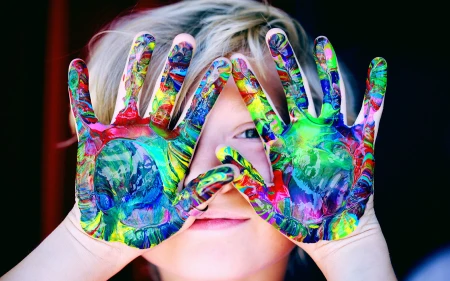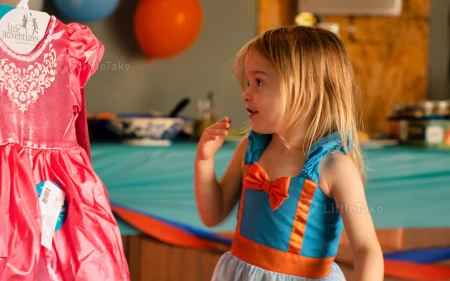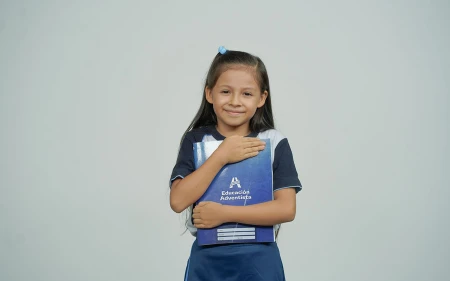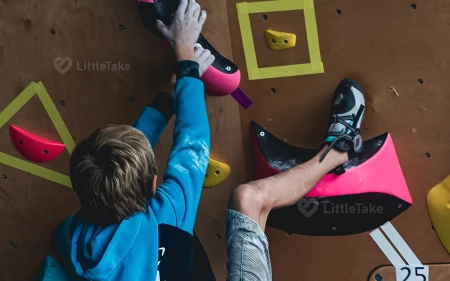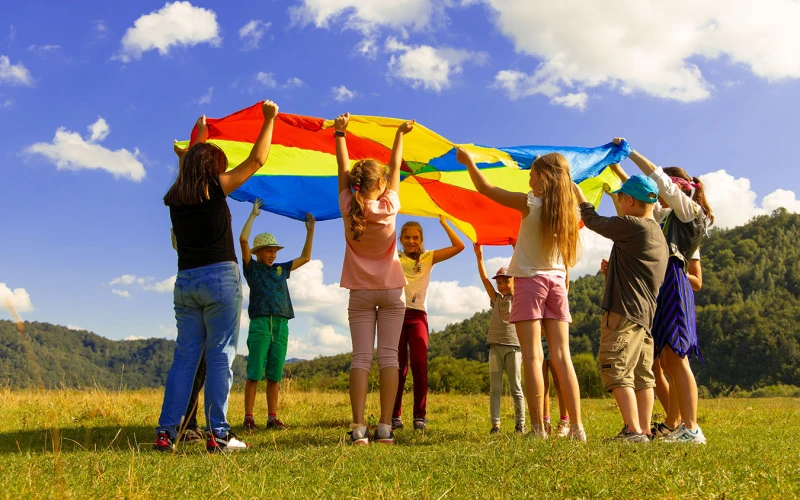
Helping Your Child Develop Healthy Friendships
Developing healthy friendships is an essential aspect of a child's social and emotional growth. As a parent, you can play a vital role in guiding your child towards nurturing positive relationships. Here are some tips on how you can help your child develop healthy friendships:
Teach Empathy and Kindness
Encourage your child to be empathetic and kind towards others. Help them understand the importance of treating others with respect and consideration. Role-model empathetic behavior by showing compassion and understanding in your interactions with others.
Encourage Open Communication
Teach your child the importance of open and honest communication. Encourage them to express their feelings, needs, and wants, and listen actively to their friends' perspectives. This will help them build trust and understanding within their relationships.
Discuss Boundaries and Consent
Help your child understand the importance of setting boundaries and respecting others' boundaries. Teach them about consent and the need to ask for permission before touching or engaging in activities with friends. This will foster mutual respect and healthy relationships.
Support their Interests and Activities
Encourage your child to participate in activities and hobbies that interest them. This will help them connect with like-minded peers and develop friendships based on shared interests.
Be a Good Role Model
Children often learn from observing their parents' behavior. Model healthy friendships and positive relationship-building skills in your own life, so your child can learn from your example.
Provide Opportunities for Socialization
Arrange playdates, enroll your child in extracurricular activities, or encourage them to join clubs or organizations. This will provide them with opportunities to develop their social skills and build friendships with peers.
Teach Conflict Resolution Skills
Help your child develop healthy conflict resolution skills by teaching them how to address misunderstandings or disagreements calmly and respectfully. Encourage them to find mutually beneficial solutions to problems that may arise in their friendships.
Monitor and Discuss their Friendships
Stay involved in your child's social life, and keep open lines of communication. Discuss their friendships, and encourage them to share their experiences, feelings, and concerns with you. Offer guidance and support when needed, without being intrusive.
By supporting your child's social development and teaching them the skills needed to build healthy friendships, you can set them on a path towards lasting, positive relationships. Remember that your guidance, encouragement, and involvement can make a significant difference in helping your child develop strong, healthy friendships.








